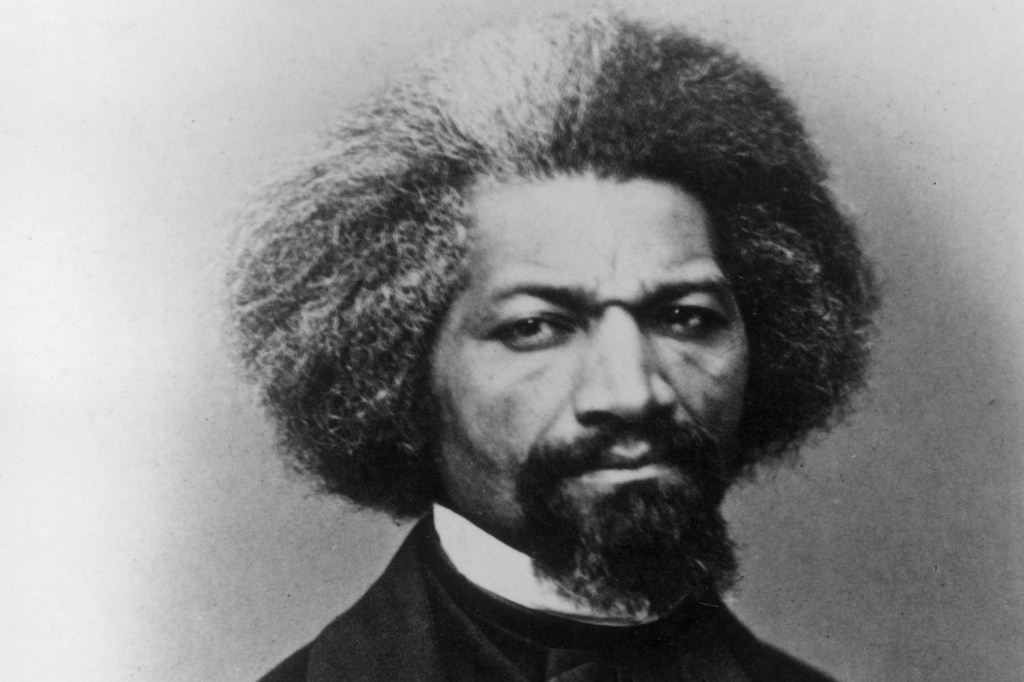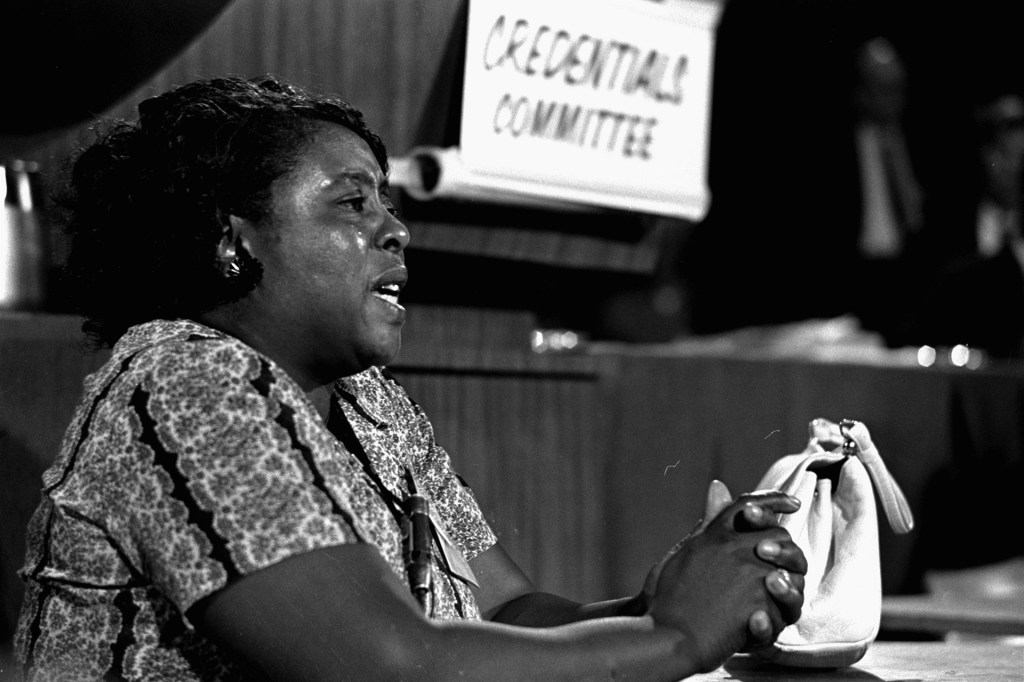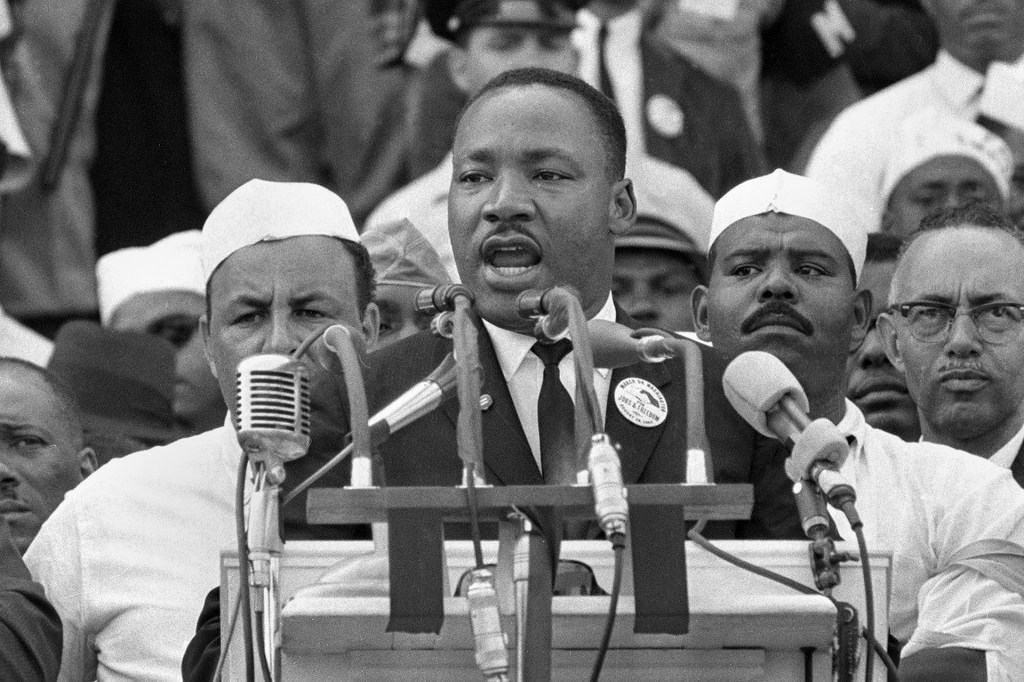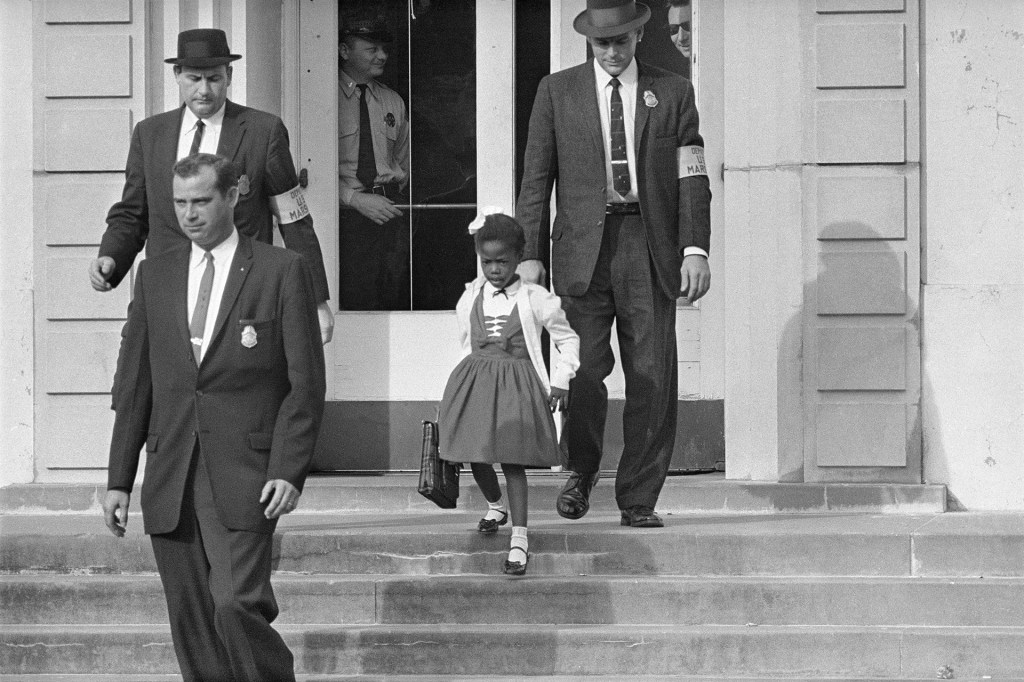Susan B. Anthony
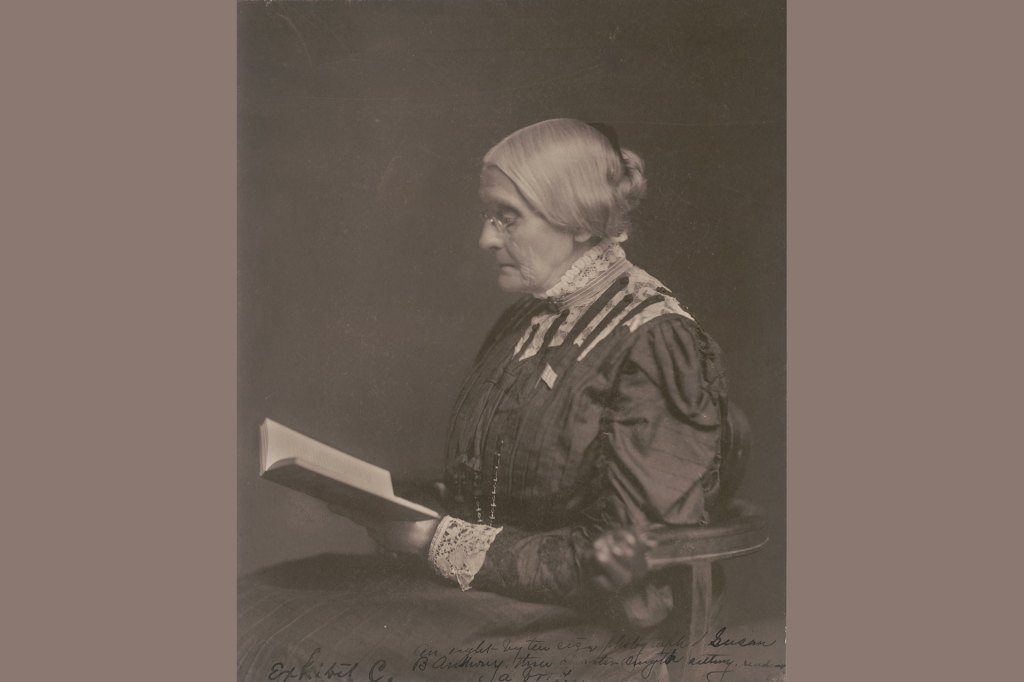
Susan B. Anthony (February 15, 1820—March 13, 1906) was a pioneer
pioneer
 NASA
a person who does something first
(noun)
Mae Jemison is considered to be a pioneer because she was the first African-American woman to travel in space.
in the movement for women’s voting rights in the United States. She paved the way for the 19th Amendment to the U.S. Constitution, which gave American women the right to vote.
NASA
a person who does something first
(noun)
Mae Jemison is considered to be a pioneer because she was the first African-American woman to travel in space.
in the movement for women’s voting rights in the United States. She paved the way for the 19th Amendment to the U.S. Constitution, which gave American women the right to vote.
Susan B. Anthony was raised in a Quaker family that believed in equality. When she was 6 years old, her family moved from Massachusetts to a farm in New York. By age 19, she was teaching at a school in New Rochelle, New York. Six years later, she went to live with her parents and siblings at their family home in Rochester, New York, where they were active in the fight to end slavery.
In 1851, Anthony went to an abolitionist
abolitionist
 SHIRONOSOV/GETTY IMAGES
a person who wants to stop or abolish slavery
(noun)
Abolitionists hoped to convince people to oppose slavery.
meeting in Seneca Falls, New York. There, she met Elizabeth Cady Stanton, an advocate for equal rights. Anthony and Stanton formed an immediate bond. They began working together to abolish slavery. They also fought to extend rights to African Americans and women.
SHIRONOSOV/GETTY IMAGES
a person who wants to stop or abolish slavery
(noun)
Abolitionists hoped to convince people to oppose slavery.
meeting in Seneca Falls, New York. There, she met Elizabeth Cady Stanton, an advocate for equal rights. Anthony and Stanton formed an immediate bond. They began working together to abolish slavery. They also fought to extend rights to African Americans and women.
A Push for Equality
During the Civil War, Anthony and Stanton formed the Women’s National Loyal League (WNLL). It was the first national women’s political organization. The WNLL gathered 400,000 signatures to persuade Congress to ratify the 13th Amendment. This amendment outlawed slavery. It was finally ratified in December 1865. After the war, Anthony campaigned for the 14th and 15th Amendments. The 14th Amendment granted “equal protection of the laws” to all Americans. It also guaranteed citizenship to all people born in the United States. As a result, citizenship was extended to former slaves. The 15th Amendment gave African-American men the right to vote. Anthony was deeply disappointed, however, that neither amendment extended voting rights to women. Anthony and Stanton faced opposition in their fight for women’s suffrage suffrage the right to vote (noun) She was a strong supporter of women's suffrage. . But they still felt inspired to continue fighting for equality. In 1869, they formed the National Woman Suffrage Association (NWSA). The organization was dedicated to passing a constitutional amendment that would guarantee voting rights for women.
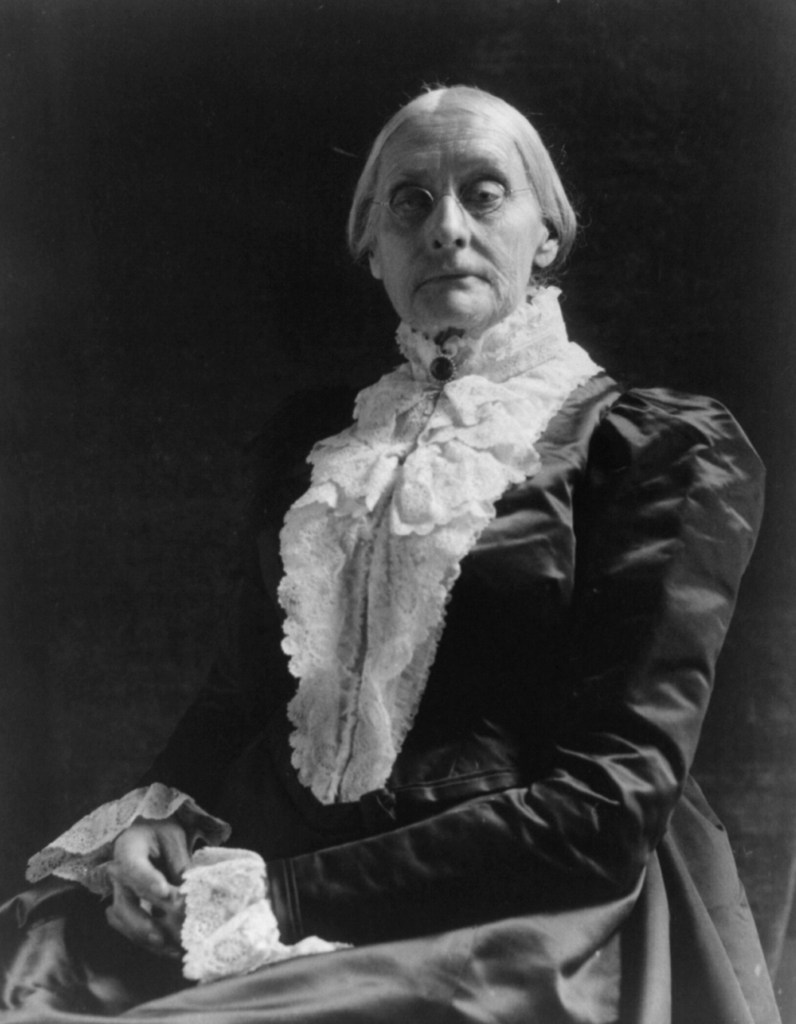
Susan B. Anthony fought tirelessly to extend equal rights to African Americans and women.
UNIVERSAL HISTORY ARCHIVE/UIG/GETTY IMAGESChallenging the Law
In November 1872, Anthony made national headlines. She was arrested for illegally voting in the presidential election. Anthony was found guilty. The judge imposed a $100 fine. While in the courtroom, Anthony told the judge that she would “never pay a dollar of [the] unjust penalty.” She added, “And I shall earnestly and persistently continue to urge all women” to follow a revolutionary idea, “that resistance to tyranny tyranny a government that treats people in a cruel and unfair way (noun) The refugees left their country to escape tyranny. is obedience to God.” Anthony never paid the fine. After her arrest, Anthony continued to raise awareness awareness knowledge of a situation or fact (noun) The protesters tried to raise awareness of the dangers of smoking. about women’s rights. On July 4, 1876, the NWSA adopted a Declaration of Rights of the Women of the United States. It said, “We ask justice, we ask equality, we ask that all the civil and political rights that belong to citizens of the United States, be guaranteed to us and our daughters forever.” Anthony also campaigned for women to be able to own property, earn equal pay, and hold public office.
The Fight Must Not Cease
Throughout her adulthood, Anthony was a passionate advocate for women’s rights. In February 1906, she made her last speech. “I am here for a little time only, and then my place will be filled,” she said. “The fight must not cease. You must see that it does not stop. Failure is impossible.” Anthony died a month later. She was 86 years old. But her tireless efforts inspired others to carry on the struggle for women’s rights. It would take another 14 years for Congress to ratify the 19th Amendment, which granted women voting rights. In 1979, Anthony’s contributions to the equal-rights movement were honored. She became the first woman to appear on a circulating U.S. coin. Though the U.S. Treasury stopped producing the Susan B. Anthony $1 coin in 1991, it is still in use today.




